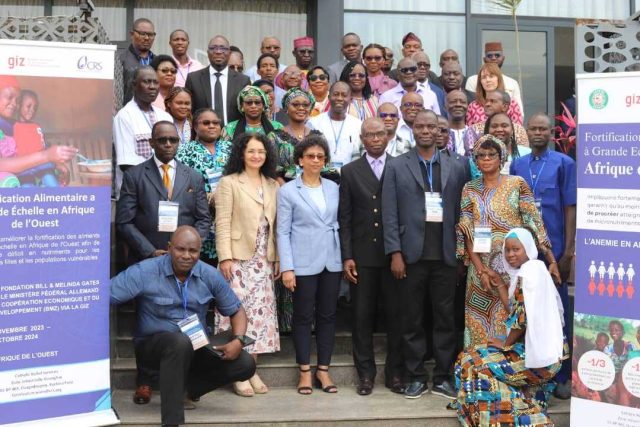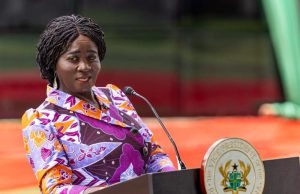More than 20 journalists from 17 West and Central African countries are currently in Cote D’ivoire for a capacity building workshop for a greater impact in the fight against micronutrient deficiencies in Africa.
The three-day event seeks to strengthen the capacities of journalists and communicators with focus on multi-‘sectoriality’ and intersectoral dialogue in the fight against micronutrient deficiency in Africa.
In West Africa, one out of two women of reproductive age is anemic with high deficiencies in key micronutrients such as iron, vitamin A, zinc, folate, and iodine.
According to UNICEF, there is a high burden of undernutrition with one out of three children under five stunted, 15% of infants born with low birth weight and high dependence on monotonous diet with close to 15% undernourished populations and 78% of children under two not meeting minimum dietary diversity.

Another concern is also the fact that most countries do not have food-based dietary guidelines and nutrient intake among populations. Although significant progress in food fortification has been achieved throughout Africa, support for continued expansion of staple food fortification to more countries and continued capacity building and systems strengthening are required to further bolster food fortification to prevent and control micronutrient deficiency.

Analysis of nutritional indicators shows a very critical situation in West and Central Africa and a rate of change that would make it impossible to achieve the nutritional targets set by 2030.

Stakeholders recognize that solving this problem is complex and can only be achieved through a multi-sectoral and integrated approach among actors, with full engagement of the public and private sectors alongside nongovernmental organizations, donors, and other key players.

Two journalists, Sarah Apenkroh and Ivy Setordjie are representing Ghana in the workshop being organized by the catholic relief services in collaboration with the SUN Movement (Dakar hub).














